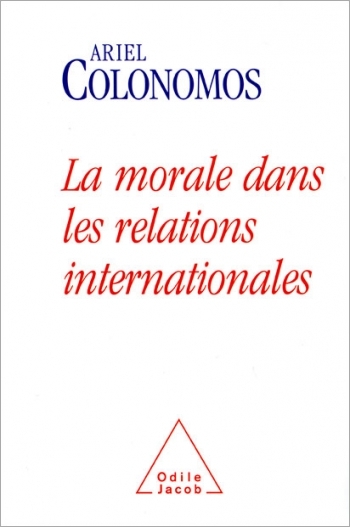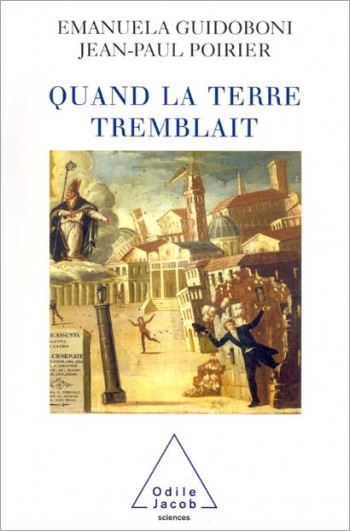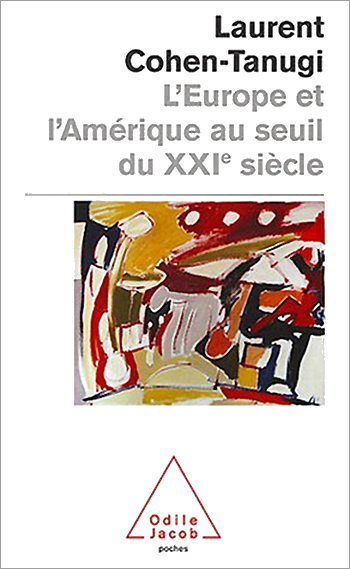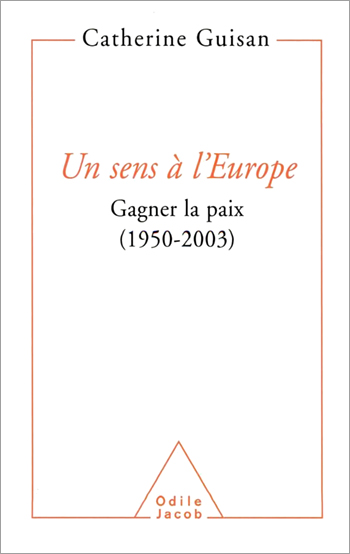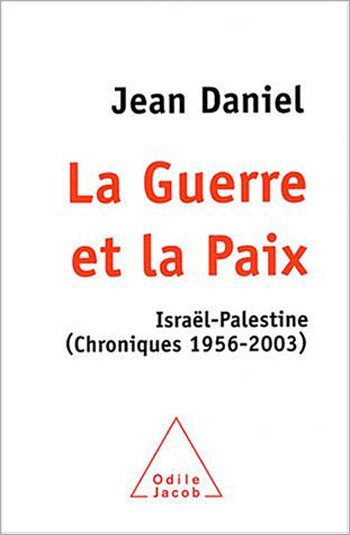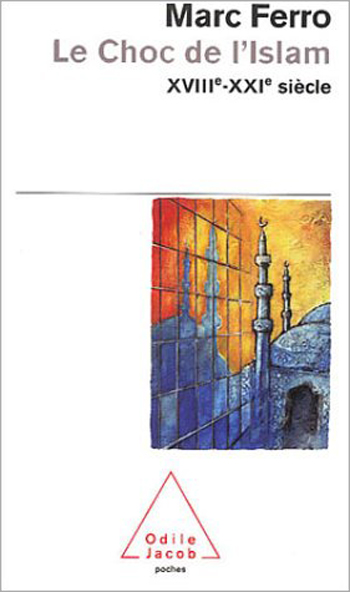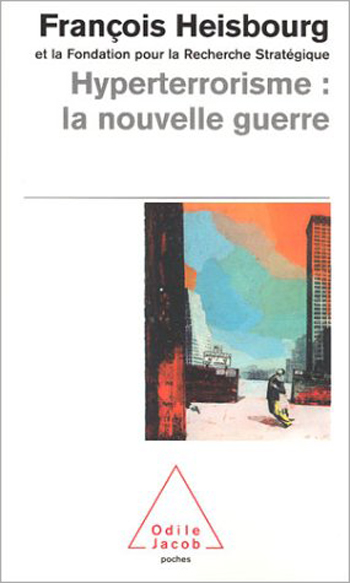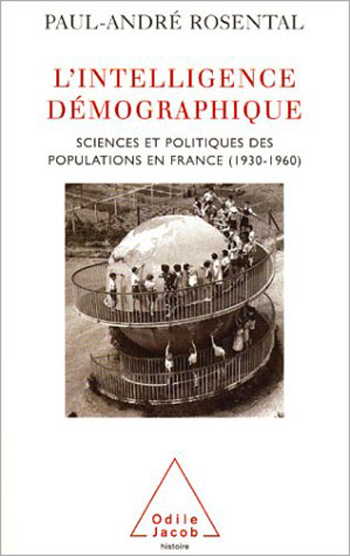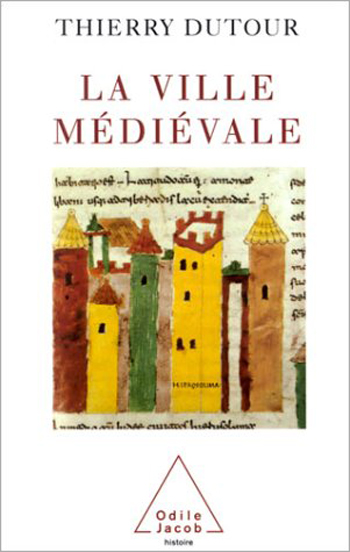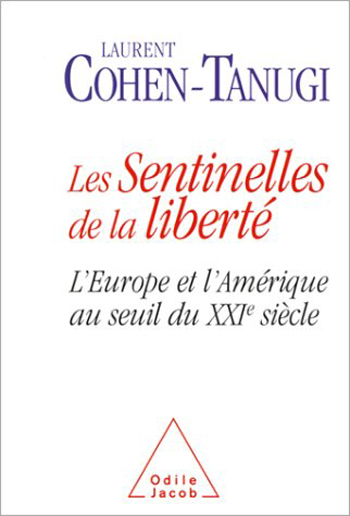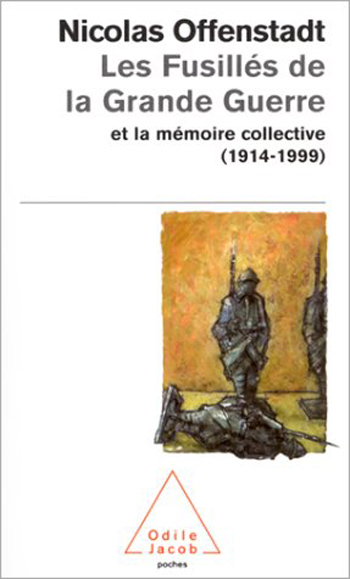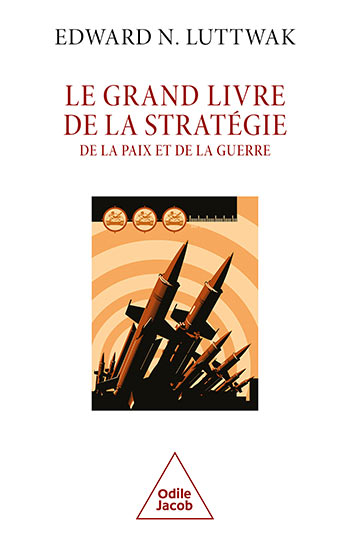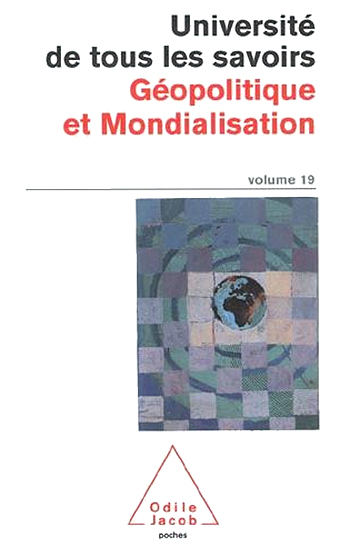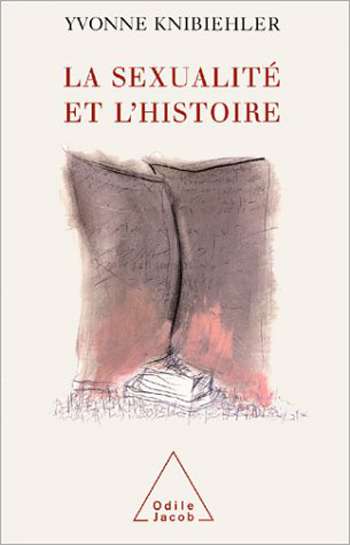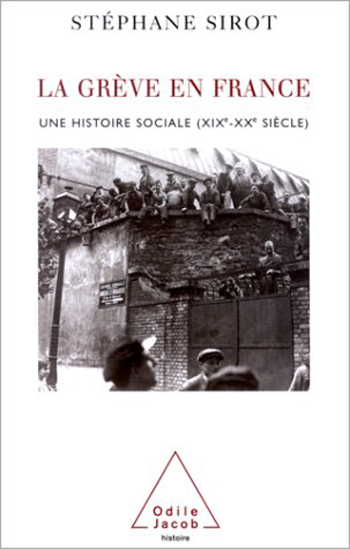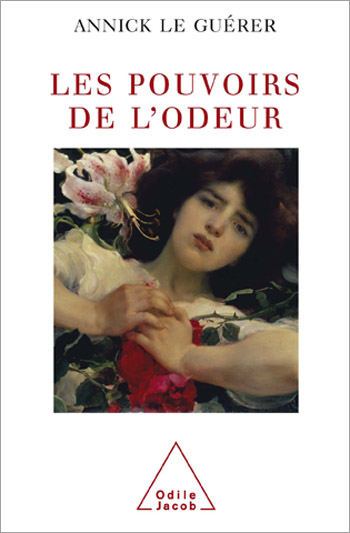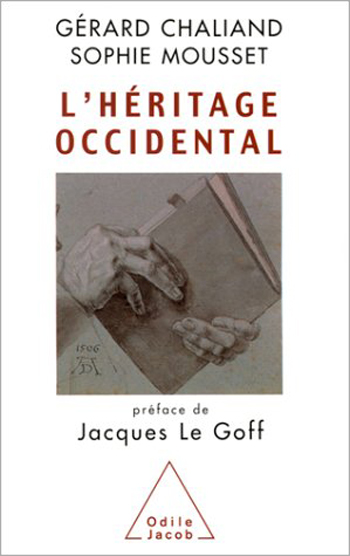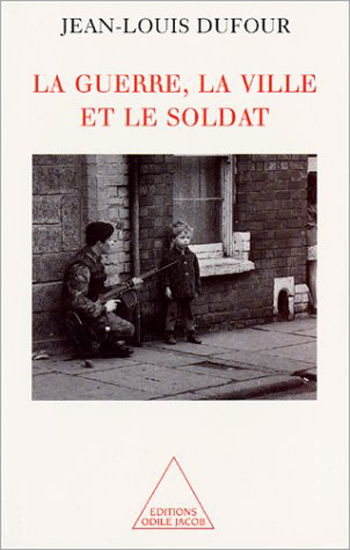History and Geopolitics All books
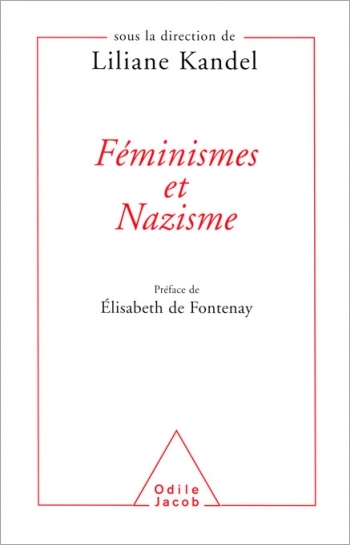
Liliane Kandel
Feminism and Nazism
The essays in this volume examine the history of womens movements during the Nazi era. The writers included here, representing a wide range of interests and backgrounds, review the various interpretations of this period given by feminist historiography today. The authors underlying assumption is that if the perspective of gender can cast light on the way we "read" certain situations and individual destinies, then, in turn, the history of the twentieth century, including the history of feminism with its upheavals and fractures, can help us to understand what is at stake in feminist studies as reflected in contemporary discussions. Liliane Kandel is a sociologist and feminist.
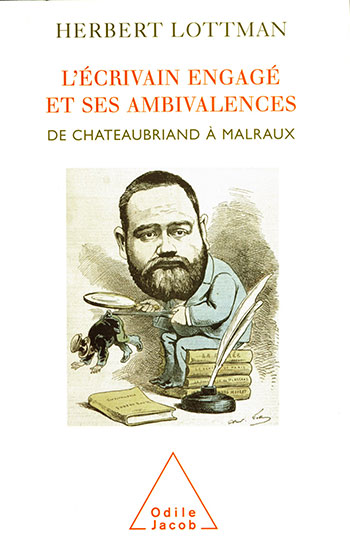
Herbert Lottman
The Committed Writer and his Ambivalences From Chateaubriand to Malraux
By definition, a committed writer is a well-known one who puts the respect and admiration his name has accrued in the service of a cause. But is it really that simple? Is political commitment only a matter of principles? Isnt it also driven by a quest for celebrity? Described here are the stratagems adopted by some of the greatest figures in the French literary pantheon of the nineteenth and twentieth centuries, as they faltered between a quest for purity and the desire for personal glory. Herbert Lottman is a renowned biographer.
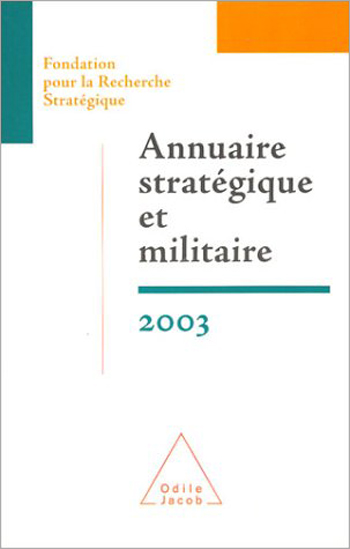
Fondation pour la Recherche Stratégique, François Heisbourg
Strategic and Military Yearbook 2003
The war in Iraq - what are the origins of the conflict and the consequences for the Middle East and Europe ? Al-Qaeda, Iran, Syria, North Korea - where are the potential conflicts and those already underway ? Europe, the United States - what place does American supremacy leave its former allies in the Cold War ? What choices can Europe make in the face of this mounting danger ? This book provides an up-to-date, concise and accurate survey of the major trends and strategic challenges facing the world today and tomorrow.
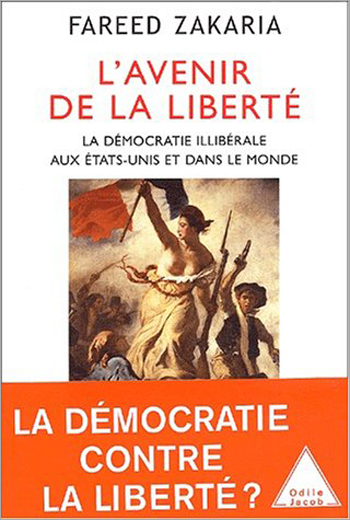
Fareed Zakaria
The Future of Freedom
Is it really so that more democracy leads automatically to more freedom ? Why, in the four corners of the world, are we now seeing an increased capacity for religion to mobilise the people ? Why, in Europe as in the United States, do we have minorities and oligarchies reigning in the name of the people ? Why has there been an increase in the number of regimes which are born from the polling booth, yet which exalt fanaticism, repression and war ? A dazzling world tour of the geo-political horizon, and also a lesson in modern and contemporary history, which we lead us to reexamine our own prejudices. Fareed Zakaria is the editor of Newsweek International and was formerly the managing director of the review Foreign Affairs.
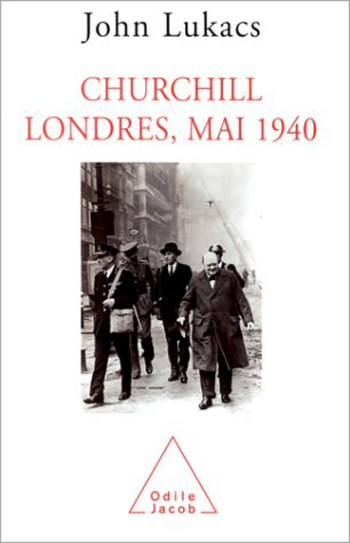
John Lukacs
Five Days in London: May 1940
The days from 24 to 28 May 1940 significantly altered the course of the history of the past century. When German troops reached the Atlantic coast, the British counterattack resulted in the disaster of Dunkirk. Europe was on its knees. Britain seemed powerless. For several critical days, at 10 Downing Street, the British cabinet debated whether to negotiate or to continue the war against Hitler. And if the war was to be continued, how would it be fought? What hope was left? Lukacs takes us into the crucial unfolding of these five days that changed history. The events described here provide a lesson in courage as much as in politics. John Lukacs is a former professor of history at Chestnut College in Philadelphia.
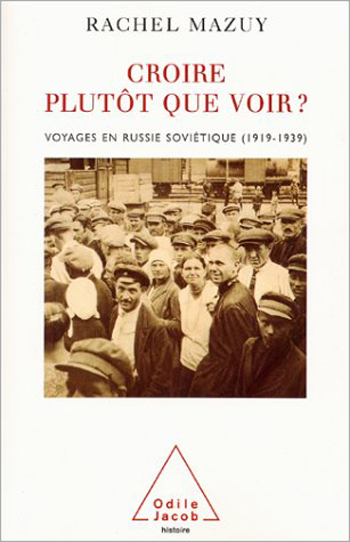
Rachel Mazuy
Believing Rather Than Seeing ? Travels in Soviet Russia (1919-1939)
The Russian Revolution provided the working-class movement with a concrete model of socialism. For French militants, as well as for many members of the cultural and political elite, the Soviet Union became the goal of a secular pilgrimage (or an anti-pilgrimage). This book tells the story of those travellers. Who went on such trips? How and why? To what extent did the trip influence their political and social development? Rachel Mazuy is a lecturer at the Institut dEtudes Politiques, in Paris, and teaches at the Lycée Honoré Balzac, Paris.
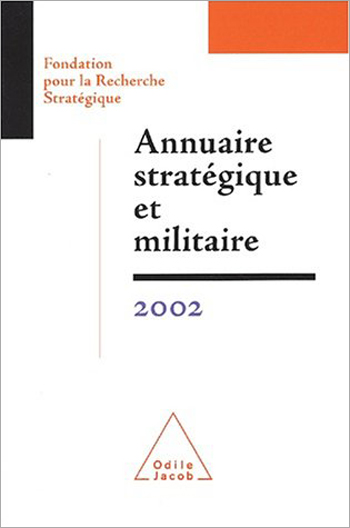
Fondation pour la Recherche Stratégique, François Heisbourg
Strategic and Military Yearbook 2002
This book provides an up-to-date overview of the major trends and strategic challenges facing the world today. Experts in their field offer concise as well as detailed analyses most notably on the following subjects: - the expansion of U.S. military power compared with the stagnation of European defence - military aspects of operations in Afghanistan - terrorist networks - the proliferation of weapons - defence measures against attacks with biological weapons - security and defence agreements in Asia - the strategic outlook for Europe - financing research; the strategy of European co-operation - overhauling the French armed forces - the French military and the challenge of non-conventional threats These studies are complemented by thorough statistical and analytical data on French defence, on the military budgets of France and other nations, and on international treaties and agreements.

Marc Ferro
The Clash of Islam 18th to 21st Century
Faced with the expansion of the Western world over the last centuries, the Islamic world has adopted several different attitudes. Some parts of it have chosen to modernise in order to regenerate and better resist the West. Others have chosen instead to de-Islamise their societies, and to succumb to the temptation of the West in order to modernise. More recently, others have taken the opposite tack and islamised modernity, an openly aggressive choice. Marc Ferro's historical study of the great Islamic empires and their collapse examines the present situation of a divided Muslim world and a disoriented West. Marc Ferro is an honorary director of studies at the École des Hautes Études en Sciences Sociales.
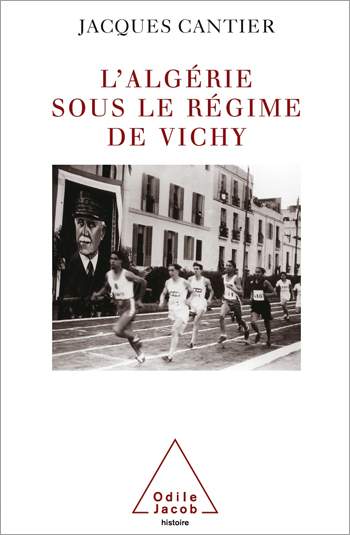
Jacques Cantier
Algeria Under the Vichy Regime
On 25 June 1940, both the Franco-German and Franco-Italian Armistice came into effect. In Algeria, appeals to carry on the struggle in Frances colonial empire no longer served any purpose. The Vichy regime, which came into existence following the parliamentary vote of 10 July 1940, was thus able to extend its rule over Algeria. Claiming to be at the head of a National Revolution which would create a new Man and fight against the forces of Anti-France, the Vichy government was able to flourish until the Anglo-American landings in North Africa in 1942. The author has given us a thorough review of this little-known period. This is not just a historical parenthesis as the study of the consequences of the National Revolution in Frances colonies casts a new light on the discussion about the nature and actions of the Vichy regime. It also illuminates a frequently concealed stage in the development of colonial society, which had had to confront a growing number of internal difficulties since the 1930s. Jacques Cantier is a lecturer at the University of Toulouse-Le-Mirail.
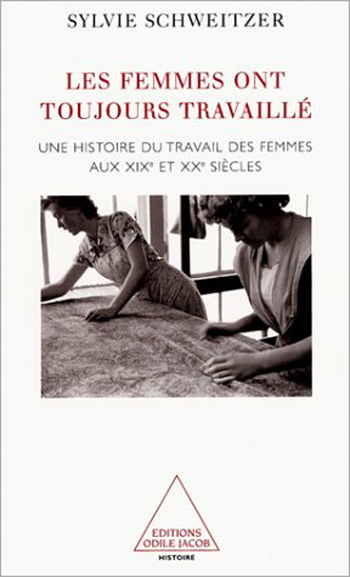
Sylvie Schweitzer
Women Have Always Worked A History of Working Women in the 19th Century
For women, the victory of recent years is one of empowerment in their professional lives: they now have the means to compete with men in every field. Yet societys traditional image of what is a male or female profession remains very powerful. In 2001, French women had managed to enter professions that were previously practically closed to them but French men are still reluctant to enter traditionally female professions. This book reviews two centuries of womens work. It shows that women have always worked but not everywhere. Womens access to increasingly prized jobs goes hand in hand with economic and global development.
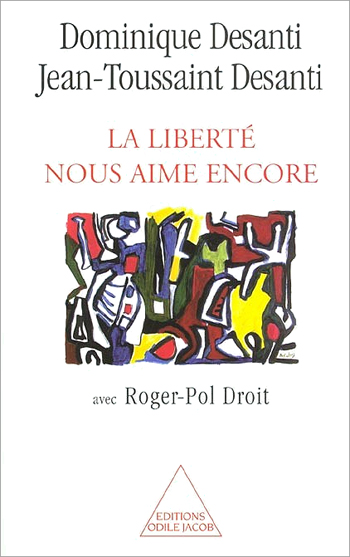
Dominique Desanti, Jean-Toussaint Desanti, Roger-Pol Droit
Liberty Still Cherishes Us
In this book, the authors, Dominique and Jean-Toussaint Desanti, relate their lives of active political and intellectual commitment to Roger-Pol Droit. The story begins with Dominique and Jean-Toussaints first meeting, their lives as an open couple, their involvement in the French Resistance and, later, in the Communist Party, their support of the FLN during the Algerian war of independence, their participation in the events of May 1968 in France and the United States, and their espousal of the feminist movement. They also discuss the numerous works they have written literature in Dominiques case, philosophy in Jean-Toussaints. Their political path is one that was shared by many French intellectuals of their generation. The enthusiasm of many young people for left-wing causes had first been stirred by the Popular Front government. The Soviet victory at Stalingrad (rather than support of Marxist thought) later fanned this enthusiasm, with the result that many French intellectuals joined the Communist Party. Each event in the authors lives is recounted individually from each ones point of view, before being retold by both of them in unison. This manner of telling their story fully respects each writers personality and style, and has resulted in an especially intense book. Dominique Desanti is a journalist, essayist and novelist. Jean-Toussaint Desanti is a philosopher and professor emeritus at the University of Paris I-Sorbonne.


